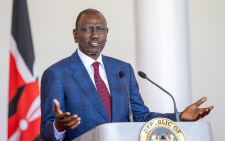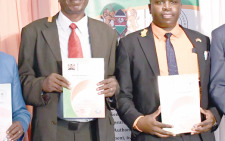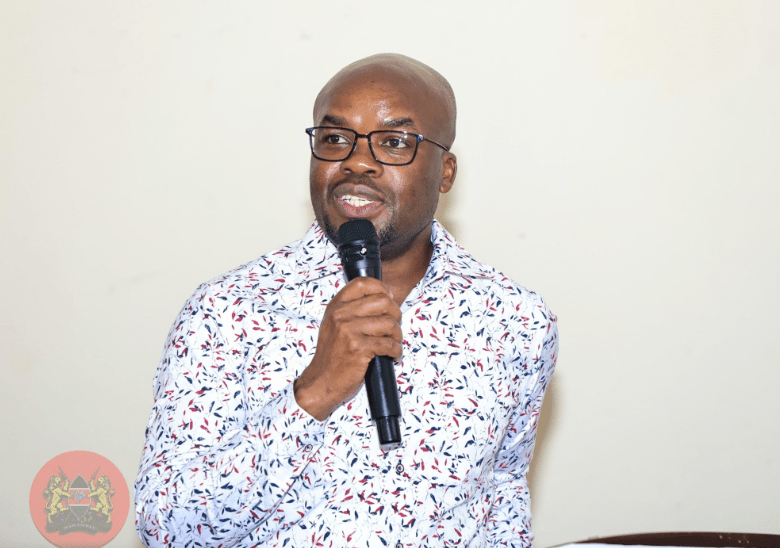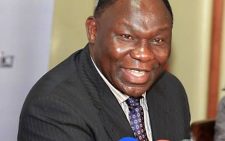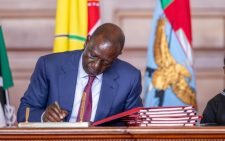Collapsed cases: New EACC boss blames DPP’s office
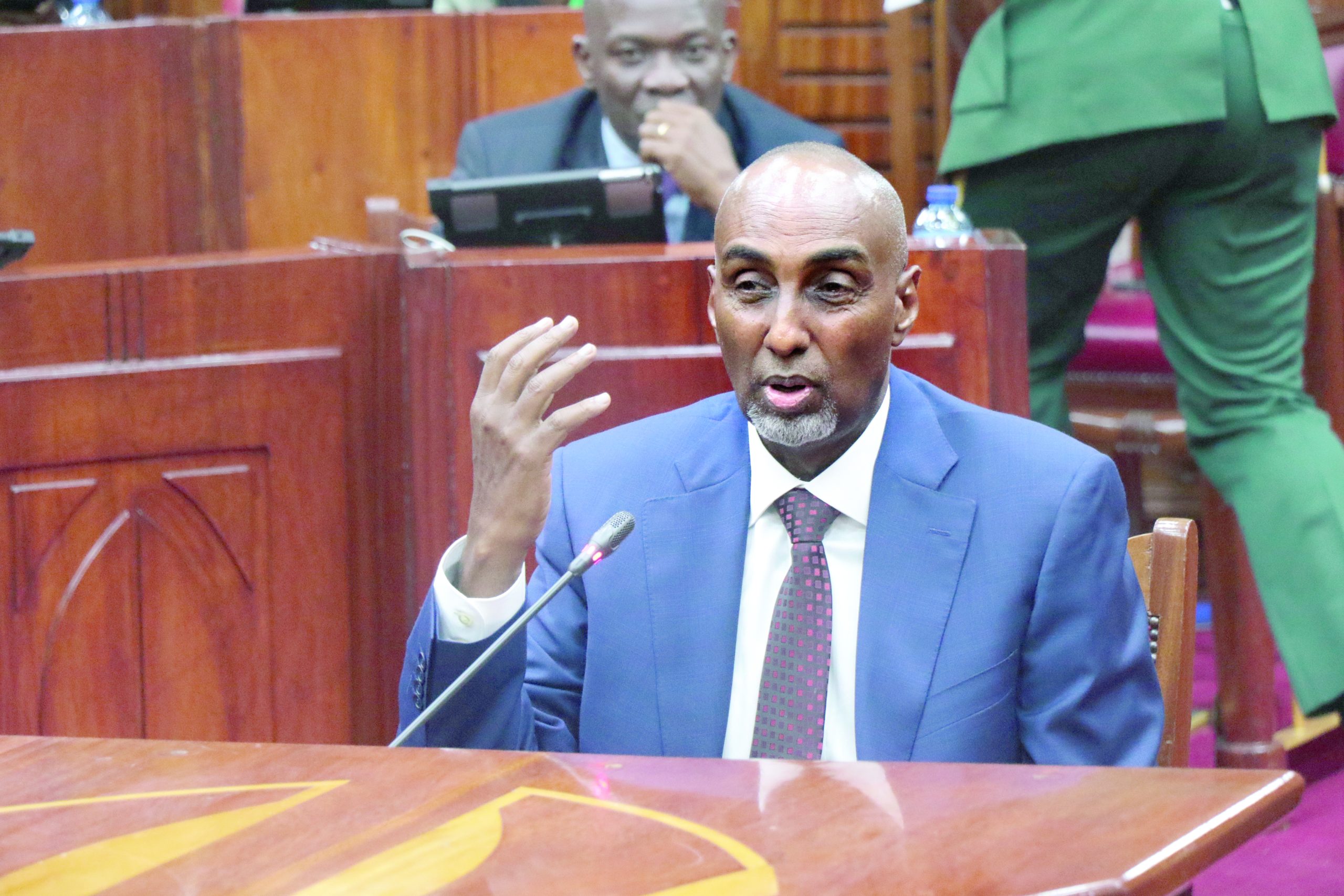
The nominee for the top job at the anti-corruption agency yesterday blamed the chief public prosecutor’s office for the collapse of corruption cases in court.
Appearing before the National Assembly’s Justice and Legal Affairs Committee Abdi Ahmed Mohamud, the current deputy CEO of the Ethics and Anti-Corruption Commission (EACC), said that by the time a case gets to court, investigators must have gathered enough evidence to meet the required threshold.
He said: “By all means, when the [Director of Public of Prosecutions, DPP] charges someone, there is enough evidence. When a file is being withdrawn, most likely that file has sufficient evidence.”
He added: “Our relationship with the DPP is good but it needs to be better, and that is why I’ll be sitting with him to see what we can do.”
Mohamud, whose nomination for the EACC chief executive’s position was subsequently approved, told MPs that the agency’s advice to the DPP to use its lawyers to prosecute some of the cases had not materialised and that is why some cases collapsed.
He explained that it would be prudent for the DPP to use lawyers who have been on a case from the start of investigations to the conclusion, rather than cases being handed over to a new lawyer who know little about the matter.
He said: “We did write to the DPP and our request was declined. We need the arbitration of this committee in order to arrive at the best results, because when a lawyer gets involved from the beginning of a case to the end, the results are always better.”
Before a case is taken to court, he said, a team of five people and a lawyer handle the matter from the time investigations begin to the end.
He said: “We understand that the DPP has the responsibility to prosecute on behalf of the State, but before this a few things are normally done to ensure that there is enough evidence.”
He added: “The commission has more than 100 lawyers handling cases and our aim is that if the DPP can at least take one or two lawyers from our side to prosecute a high-profile case it would be good.
“Some of these cases we are handling have more than 10 to 20 boxes worth of evidence and once you take the same to a new prosecutor to deal with it, they might not have time to go through it all.”
High-profile cases
His sentiments came against the backdrop of the DPP withdrawing several high-profile cases in recent months because of lack of evidence.
Among the cases withdrawn was a Sh7.5 billion criminal case facing businessman Yagnesh Devani.
The case opened in 2008 when the businessman took refuge in the United Kingdom.
The others are a graft case involving multiple forgeries of academic certificates by one Gabriel Bukachi Chapia.
Mohamud – who told MPs that his net worth was Sh130 million, comprising cows, goats, camels and residential homes – took the opportunity to clarify that once he takes office, he will not allow the EACC to be used to fix Kenya’s politics.
He said: “I’m not aware at any point of my life where I have sided with anyone. Again, let me say that I’ll not be used as a conveyor belt by anyone. Throughout my term, I’ll not be used to charge some because of politics.
“There is no time the EACC has been used for political witch-hunt. I’ve been a director of investigations and a deputy chief executive [and] at no time have I been told to deviate from the facts.”
On whether he was fit for the office when Kenyans are saying they want fresh blood at the EACC, Mohamud said he had the experience to steer the agency to greater heights because he has risen through the ranks at he agency.
He said: “I want to serve my country. I want to help reduce corruption in my country. We just have to be brave enough to deal with this corruption issue.”
Mohamud will succeed current CEO Twalib Mbarak, whose six-year term ends in January. His nomination was announced by EACC chairperson David Oginde in a notice published on November 22.

